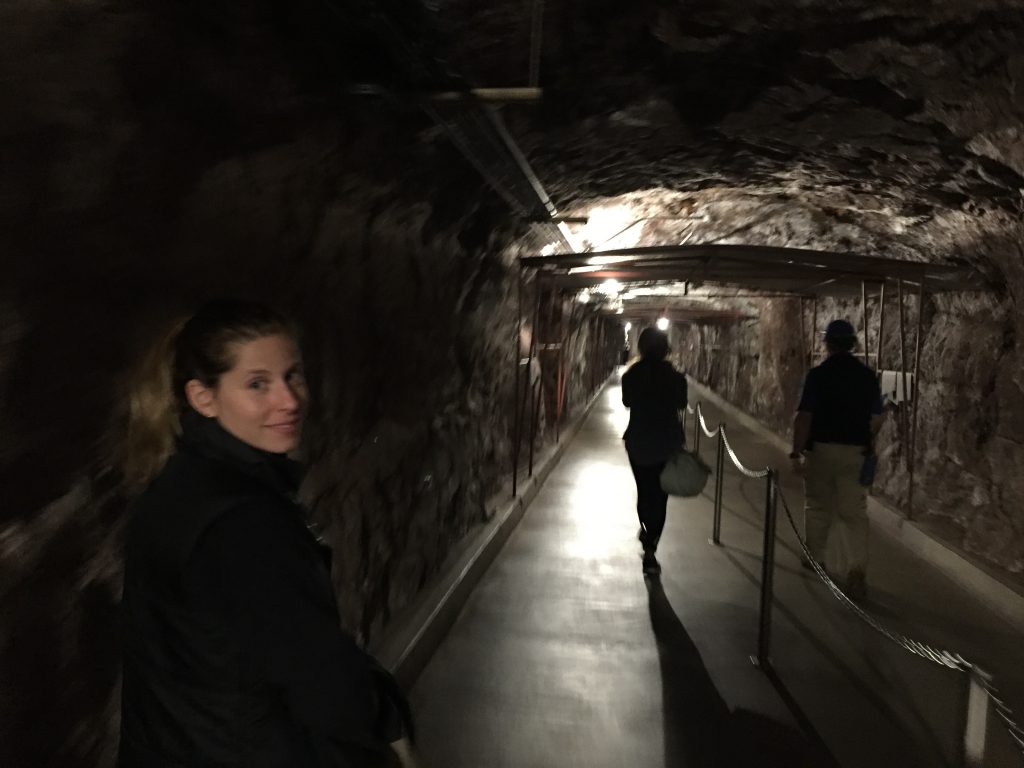
Orly Shuber, who will be teaching a course on New Hollywood Cinema (ENG 4132) in the upcoming Fall semester, was born and raised in Buenos Aires, Argentina and lived in Tel Aviv before ending up in Miami. She is a multi-faceted filmmaker who has shot and produced several documentaries on topics ranging from art, to architecture and design in collaboration with different museums such as the Los Angeles Museum of the Holocaust, the Architecture + Design Museum, the Coral Gables Museum, and the Patricia and Phillip Frost Museum of Science. She earned a Bachelor’s degree from the University of Miami’s School of Communication before earning her Masters of Fine Arts from the School of Cinematic Arts at the University of Southern California. Professor Shuber teaches production at Miami International University of Art & Design and film studies at FIU, where she generally teaches Communication in Film (COM 3417) among other special topic courses.
1.Why do you teach Communication in Film? What do you think the medium of film offers to the field of communication?
In Communication in Film, there are students from various majors, so they bring a unique perspective to discussing films. It’s also a Global Learning designated course so we approach film from an international angle as well. Students also have to attend a film festival. For some students, it’s their first time experiencing a festival, which is so exciting! Seeing film clips and discussing cinematic techniques and how they are used to communicate ideas in an audiovisual format brings attention to how film is a very compelling medium. Since films are a medium that combines storytelling, technology, and entertainment it can be a very rich medium to discuss how those ideas are communicated.
2.You’re teaching New Hollywood Cinema in the Fall. Is that your favorite era in Hollywood?
There are a lot of periods and genres that I enjoy. I don’t really have a favorite era, but the Hollywood new wave is a period in cinema that I am very interested in sharing with students. There is a varied range of films, from small personal pieces to high-concept blockbusters and franchises to experimental and independent cinema; not to mention the socio-political climate in America at the time these films are made. I was also fortunate enough to have a professor who later became a mentor and friend who had contributed to that era as a filmmaker. I got to learn about some of the backstory behind a few films of that time and love sharing that with the students.
3.As someone who lives in Miami, but spends time in other big cities, what do you think about Miami’s film scene?
It’s such a wonderful film community! What is also unique to the community is that it is so international. From film festival to organizations that bring workshops and opportunities for filmmakers to meet and collaborate, there’s quite a lot Miami offers. The film scene keeps growing!
4.What would you say is the most rewarding part of the filmmaking process?
The process itself! I love being involved in the creative process. From the planning and executing of the film to the problem-solving that it involves.
5.Considering you’ve been a part of several different productions: Do you have any advice for aspiring filmmakers who might have reservations about starting a project due to their lack of formal training in film-making techniques or maybe due to worries that their ideas might not be good enough to even pursue?
Film-making is so accessible today. Not only are the tools more affordable, but even learning about film is much easier than it used to be. I tell students all the time to give it a try, to come up with a story and take the tools that they have access to and make a film. After all, if they don’t tell their story, who will?
 Mario Avalos is a senior at Florida International University, pursuing a Bachelor’s degree in English Literature, along with certificates in Film Studies and Professional and Public Writing.
Mario Avalos is a senior at Florida International University, pursuing a Bachelor’s degree in English Literature, along with certificates in Film Studies and Professional and Public Writing.
